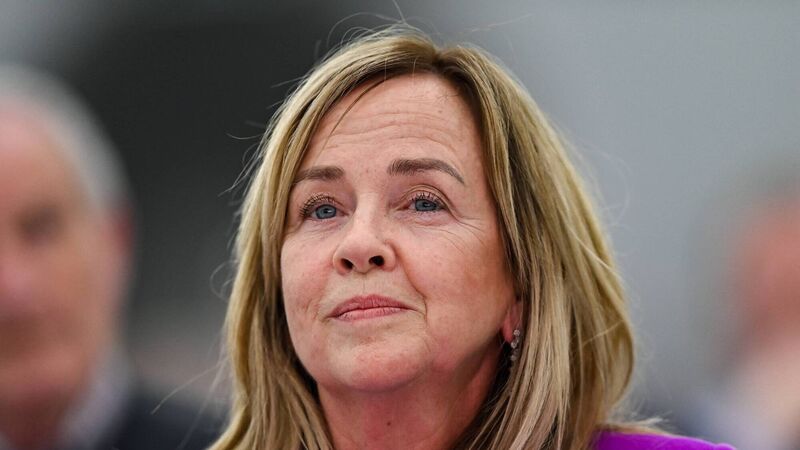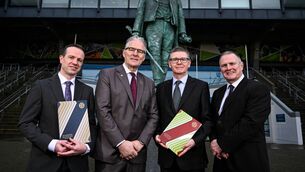LGFA chief Helen O'Rourke warns integration not a 'silver bullet' to ensuring equal access to playing facilities

LGFA chief executive Helen O'Rourke during the GAA Congress at NUI Galway Connacht GAA Air Dome in Bekan, Mayo.
Ladies Football CEO Helen O’Rourke has said the LGFA is not opposed to integration with the GAA and Camogie Association, but warned that a merger of the three might not be the “silver bullet” to ensuring equal access to playing facilities.
Before any integrated body is established, O'Rourke said there first needs to be a “proper, open-minded process” involving stakeholders from the three associations where all matters relating to amalgamation are thrashed out and debated.











